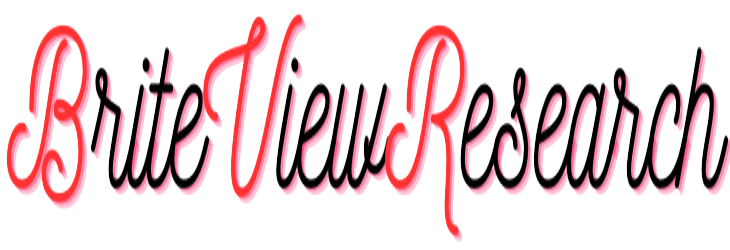The automated cell counter market is a rapidly growing sector within the life sciences industry. Automated cell counters offer a fast, accurate, and efficient way to count and analyze cells, making them an essential tool for researchers and clinicians in a wide range of applications.
Here is an overview of the key players, products, and applications in the automated cell counter market:
Key Players:
- Thermo Fisher Scientific: Thermo Fisher Scientific is a leading provider of automated cell counting solutions. Their Invitrogen Countess II FL Automated Cell Counter uses fluorescence microscopy to count and analyze cells.
- Bio-Rad Laboratories: Bio-Rad Laboratories offers several automated cell counting solutions, including the TC20 Automated Cell Counter and the ZE5 Cell Analyzer. These products use image analysis algorithms to count and analyze cells.
- Beckman Coulter: Beckman Coulter is a well-known name in the life sciences industry, offering a range of automated cell counting solutions. Their Vi-CELL XR and Vi-CELL BLU products use image analysis and flow cytometry to count and analyze cells.
- Sysmex: Sysmex is a global leader in automated cell counting solutions, offering products such as the XN-L Series Automated Hematology Analyzer and the CellaVision DM1200 Digital Cell Morphology System.
Products:
- Image-based automated cell counters: These products use advanced image analysis algorithms to count and analyze cells. They are typically easy to use and require minimal training.
- Flow cytometry-based automated cell counters: These products use flow cytometry to count and analyze cells. They offer high throughput and are ideal for applications where large numbers of cells need to be analyzed.
- Digital cell morphology systems: These products use advanced imaging techniques to analyze the morphology of cells. They are typically used in clinical applications, such as blood cell analysis.
Applications:
- Research: Automated cell counters are widely used in research applications, such as cell culture experiments and drug discovery. They offer a fast and accurate way to count and analyze cells, allowing researchers to study cell behavior and response to different stimuli.
- Clinical diagnostics: Automated cell counters are essential tools in clinical diagnostics, particularly in hematology and oncology. They are used to count and analyze blood cells and to detect cancer cells in patient samples.
- Biopharmaceuticals: Automated cell counting is a critical step in the production of biopharmaceuticals, such as vaccines and monoclonal antibodies. These products require large numbers of cells, and automated cell counting is essential for ensuring the consistency and quality of the final product.
Overall, the automated cell counter market is a dynamic and growing sector within the life sciences industry. With a wide range of products and applications, it offers exciting opportunities for researchers and clinicians to advance their understanding of cells and their functions.
Disclaimer: The views, suggestions, and opinions expressed here are the sole responsibility of the experts. No Brite View Research journalist was involved in the writing and production of this article.
